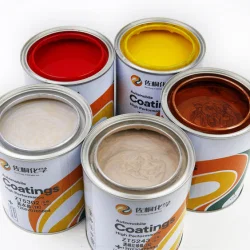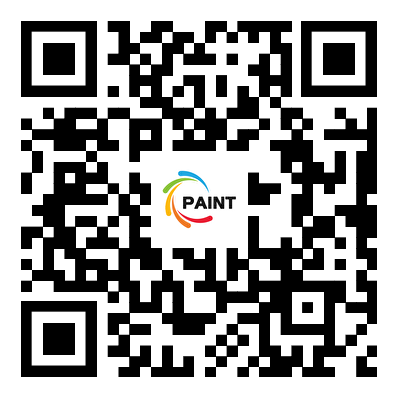Here are key aspects of car paint
2024-01-20
Car paint, also known as automotive paint or vehicle coating, is a specialized type of paint used for protecting and enhancing the appearance of automotive surfaces, including the exterior body panels and other components of a vehicle. Car paint serves multiple purposes, providing protection against corrosion, environmental elements, and contributing to the aesthetics of the vehicle. Here are key aspects of car paint:
1. Types of Car Paint:
- Basecoat:
- The basecoat is the initial layer of paint that provides color to the vehicle.
- It is often applied in multiple layers to achieve the desired color depth and tone.
- Clearcoat:
- Clearcoat, also known as a topcoat, is a transparent layer applied over the basecoat to provide gloss and protection.
- It enhances the depth and durability of the paint, shielding it from UV rays and environmental damage.
2. Water-Based vs. Solvent-Based Paint:
- Water-Based Paint:
- Environmentally friendly option with lower volatile organic compound (VOC) emissions.
- Increasingly used in modern automotive paints.
- Solvent-Based Paint:
- Traditional automotive paint type that uses solvents as a carrier.
- Offers durability but may have higher VOC emissions.
3. Metallic, Pearl, and Solid Colors:
- Metallic Paint:
- Contains small metal particles that create a shimmering effect.
- Provides a reflective and dynamic appearance.
- Pearlescent Paint:
- Contains pearl or mica particles for a subtle color-shifting effect.
- Creates a more sophisticated and iridescent finish.
- Solid Paint:
- Single-color, non-metallic paint.
- Common for basic color options.
4. Primer Coat:
- Before applying the basecoat, a primer is used to enhance adhesion and corrosion resistance.
- Primer prepares the surface for the paint layers.
5. Application Methods:
- Spray Painting:
- Most automotive painting is done using spray guns for an even and smooth application.
- Automated systems are used in manufacturing, while manual spray booths are used in refinishing.
- Powder Coating:
- An alternative method where powdered paint is electrostatically applied and cured with heat.
- Used for certain automotive components.
6. UV Resistance and Durability:
- Car paint formulations include UV-resistant components to protect against sunlight-induced fading and damage.
- Durability is crucial for maintaining the appearance of the vehicle over time.
7. Curing and Drying:
- Automotive paint goes through a curing process to achieve its final hardness and durability.
- Drying times vary based on the type of paint and application method.
8. Specialized Finishes:
- Matte and Satin Finishes:
- Provide a non-glossy appearance and have gained popularity in automotive customization.
- Chrome and Metallic Finishes:
- Chrome-like finishes are achieved through specialized processes, adding a reflective and mirror-like surface.
9. Touch-Up Paint:
- Available for minor repairs to address scratches, chips, or other paint damage.
- Typically comes in small bottles or pens for easy application.
10. Paint Protection Film (PPF):
- A transparent film applied to the vehicle's exterior for added protection against stone chips, bug splatter, and minor abrasions.
- Helps preserve the original paint finish.
11. Customization and Specialty Paint Jobs:
- Car enthusiasts often opt for custom paint jobs, including unique colors, graphics, or intricate designs.
- Specialty finishes like chameleon paint change color based on viewing angles.
12. Environmental Considerations:
- Automotive paint formulations are subject to environmental regulations, leading to the development of eco-friendly options with lower VOC content.
Car paint plays a crucial role in defining the visual appeal of vehicles, and advancements in paint technologies continue to enhance durability, environmental friendliness, and customization options in the automotive industry.



